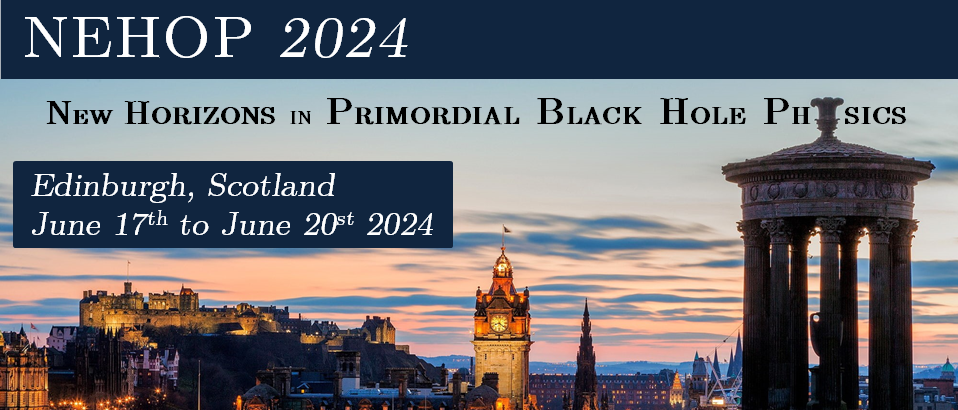Speaker
Description
Primordial black holes (PBH) may form from large cosmological perturbations, produced during inflation when the inflaton’s velocity is sufficiently slowed down. This usually requires very flat regions in the inflationary potential. In this talk, I will discuss another possibility, namely that the inflaton climbs up its potential. When it turns back, its velocity crosses zero, which triggers a short phase of “uphill inflation” during which cosmological perturbations grow at a very fast rate. This naturally occurs in double-well potentials if the width of the well is close to the Planck scale. I will discuss the effect of quantum diffusion in this scenario, which plays a crucial role, through the stochastic-δN formalism. Finally, I will discuss the amount of PBH that is expected to be produced in such a model.

